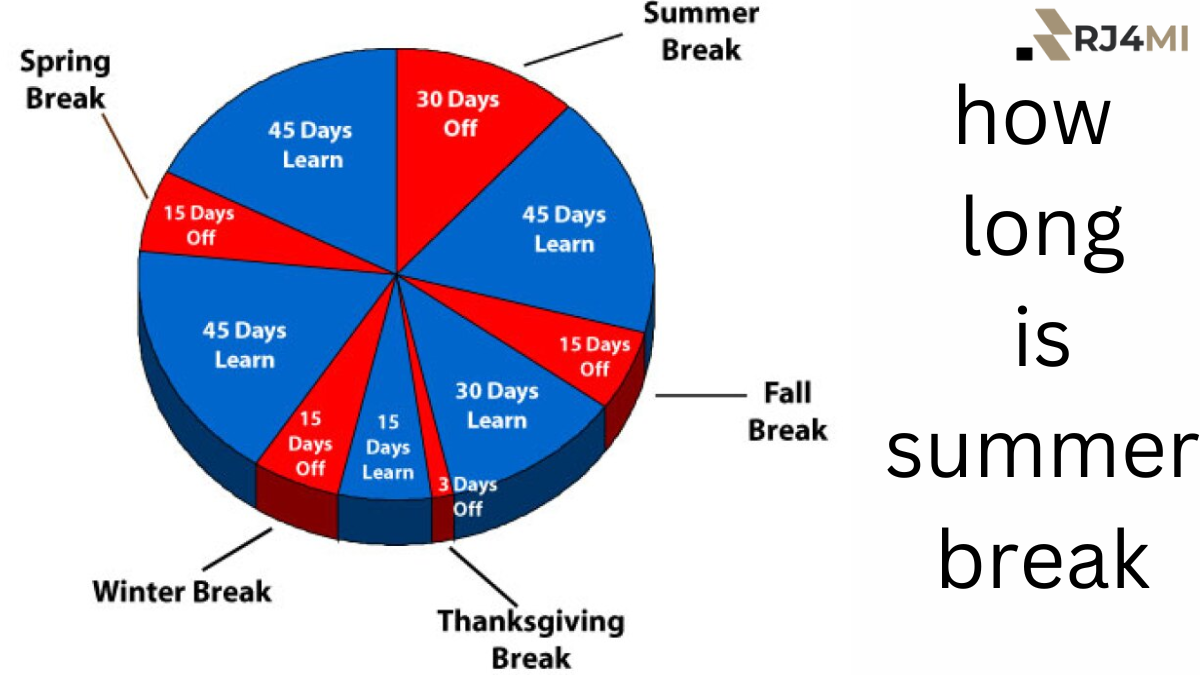Table of Contents
School traditions might seem like just another item on the academic calendar, but they hold far more value than one might initially believe. From spirit weeks and annual sports days to cultural festivals and graduation ceremonies, traditions form the heartbeat of student life. These events create lasting memories, build community, and provide students with a sense of belonging that goes beyond textbooks and tests.
A Sense of Identity and Belonging
One of the most powerful aspects of school traditions is how they foster a sense of identity. When students participate in long-standing events, they feel part of something bigger than themselves. It doesn’t matter if they’re in their first year or their final semester—joining in these shared experiences helps everyone feel included.
Wearing school colors during spirit day or joining the same annual charity run can strengthen ties among students, teachers, and alumni. Unique traditions like Anything But a Backpack Day build school culture by adding humor and creativity, turning everyday routines into unforgettable moments. These experiences give students a shared history, connecting them across generations and helping them understand what their school stands for.
Strengthening School Culture
Traditions play a crucial role in shaping and preserving school culture. Whether it’s a school-wide assembly every Friday or an annual science fair, these activities create a consistent rhythm that becomes part of the school’s identity. They reinforce the values a school promotes, such as teamwork, respect, or academic excellence.
For example, a school that honors achievements through monthly awards ceremonies emphasizes the importance of recognizing effort and excellence. This not only motivates students to do their best but also reinforces a culture of positivity and support.
Emotional Support and Stability
Student life can be stressful, especially with academic pressures, social dynamics, and personal changes. Traditions offer emotional stability by providing something familiar and enjoyable to look forward to. These events often become safe spaces where students can relax, celebrate, and bond with peers.
Simple traditions like birthday announcements over the school intercom or holiday classroom decorations can go a long way in making students feel valued and cared for. These moments remind them that school isn’t just a place to study—it’s also a place to belong.
Building Leadership and Responsibility
Many school traditions involve student leadership, giving learners the chance to take on roles of responsibility. Whether it’s planning the school carnival, managing the prom committee, or being part of the debate team, students develop real-world skills through these experiences.
They learn how to communicate effectively, manage time, and work as a team. These leadership roles can boost confidence and provide a foundation for future success, whether in college, careers, or community involvement.
Encouraging School Spirit and Motivation
There’s something energizing about traditions that bring everyone together in a fun and meaningful way. Pep rallies, sports tournaments, and talent shows help boost school spirit, encouraging students to take pride in their school.
When students are excited to be part of their school community, they’re more likely to be motivated in other areas too. School spirit has been shown to have a positive effect on attendance, academic performance, and overall student well-being.
Creating Lifelong Memories
Ask any adult about their favorite school memories, and chances are many of them will involve traditions. The senior prank, the annual picnic, or the first day of school assembly—these are the moments that stick.
These shared experiences often become nostalgic touchstones, bringing classmates together years later. They form stories that are retold at reunions and family gatherings, reinforcing the lasting impact that school traditions can have on individuals.
Inclusion and Cultural Awareness
School traditions also serve as a platform to promote inclusivity and celebrate diversity. Multicultural days, language fairs, or holiday celebrations from different cultures help students appreciate the backgrounds and beliefs of their peers.
Such traditions encourage empathy and understanding, preparing students to thrive in a multicultural world. They also give students from diverse backgrounds the opportunity to share their heritage, fostering pride and mutual respect.
Also Read: What Counts as Community Service: Your Ultimate Guide 2025
Balancing Tradition with Innovation
While traditions are important, it’s equally crucial for schools to revisit and refresh them periodically. Outdated or exclusive practices should evolve to stay relevant and inclusive. Schools that listen to student voices and adapt traditions accordingly show that they value student input and are committed to growth.
Introducing new traditions can also bring excitement and offer fresh opportunities for student engagement. Whether it’s launching a new tech fair or starting a kindness week, innovation keeps school culture dynamic and responsive.
Final Thoughts: More Than Memories
In the end, school traditions are much more than scheduled events. They are powerful tools that shape a student’s emotional, social, and personal development. From building community and instilling values to fostering leadership and cultural appreciation, traditions enrich student life in ways that textbooks alone cannot.
By celebrating the old and welcoming the new, schools can ensure their traditions remain meaningful and impactful for generations to come.




